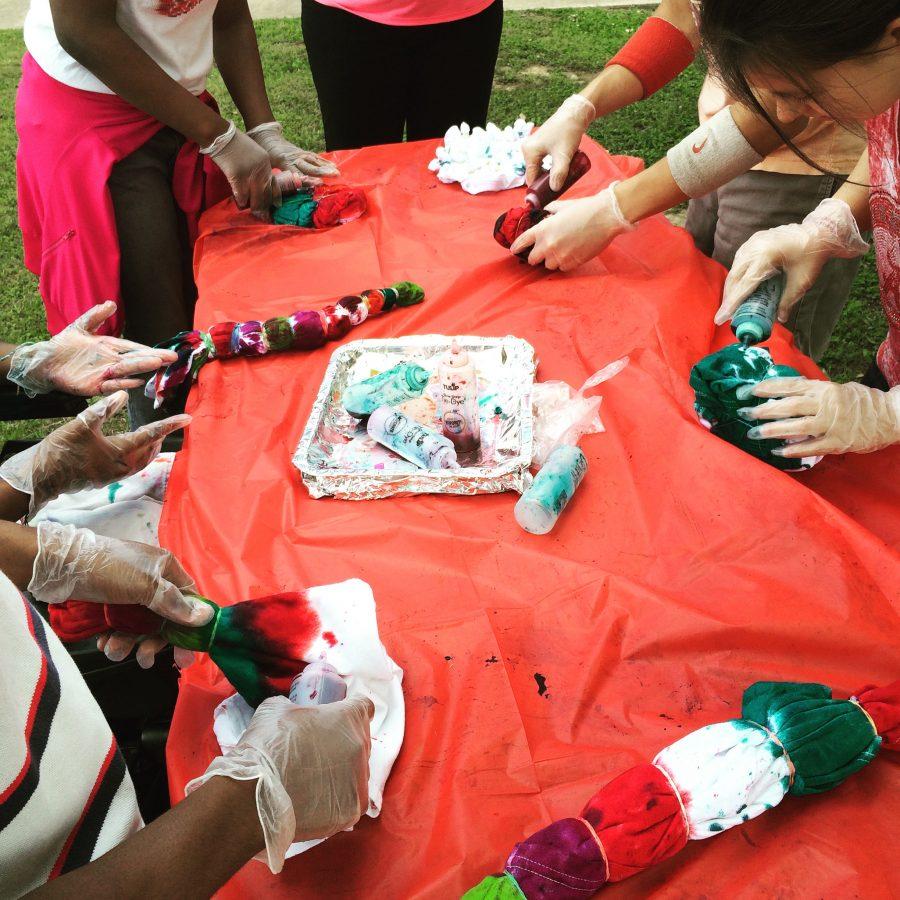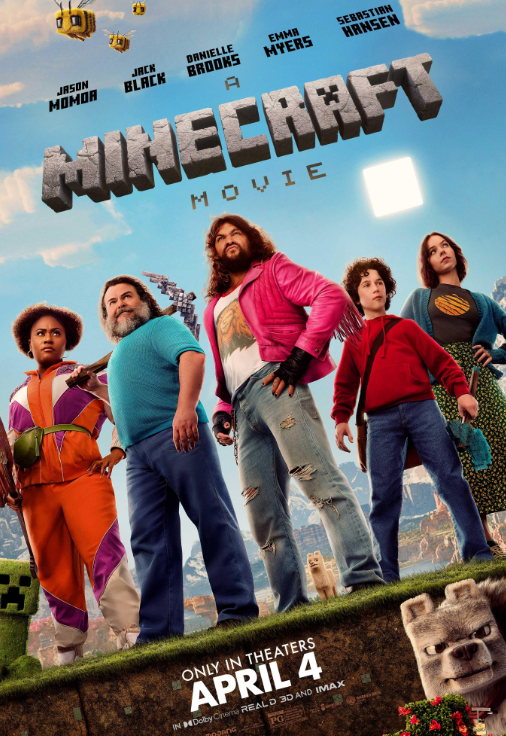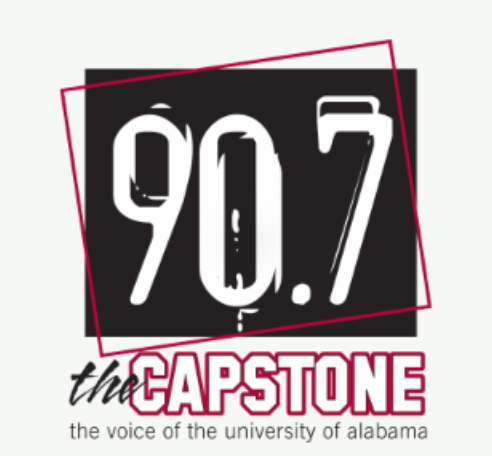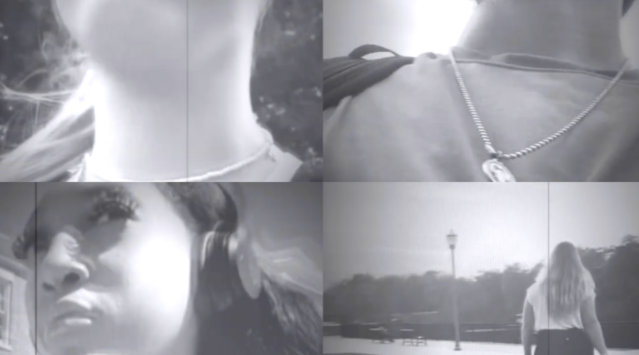That’s where CrossingPoints, a post-secondary transition program at The University of Alabama, comes in. The service helps 18-24 year olds who are cognitively impaired increase their social skills by placing them in real-life situations and allowing them opportunities to meet other people like themselves. The goal is to help students learn to respond to what can happen in the real world and give them a sense of freedom and confidence.
“It is a place where they can thrive and grow into the people they want to be,” said Program Coordinator Amy Williamson. “They can mature into men and women, just like every other college student. When you come to college, and you are an undergraduate student, it is your time of growing into who you are going to become, and so they are experiencing the exact same thing that everyone else is going to be experiencing, which is powerful. It is awesome.”
Within the program, students are given mentors to be a guiding hand throughout their time at CrossingPoints. However, these mentors are not considered “camp counselor” types, or necessarily in charge of the students they work with. The CrossingPoints mentors are there to be a friend to each student within the program, to carry on normative conversation and go out and have fun. The aim behind this aspect of the program is to give these students with intellectual disabilities the opportunity to have the college life that everyone aspires to have while away for school.
Williamson recalled a time when a group of students in the CrossingPoints Summer Program called a Crimson Ride bus to take them to Midnight Sushi at Surin of Thailand every Friday night throughout the season. All of the students involved called the vehicle the “party bus” and spent the night going out as a group, eating sushi and most importantly, just hanging out with friends, both students and mentors.
In addition to social experiences, CrossingPoints aims to help students gain work skills. The program places students into internships with jobs around town, so they can get training that can help them into a career and independent life later on. Some of the jobs that these students work in include a beauty shop, the SupeStore and the College of Education.
In a given week, the students are in a classroom, working with teachers and mentors to hone their workplace social skills, except on Fridays. Fridays are reserved for campus activities, whether it is music therapy or leisure and recreation. These activities are important because they show students that it is normative behavior to simply hang out with friends without any sort of expectations to act a certain way. All they have to do is enjoy each other’s company.
“They spend about 85 percent of their daily instruction, or weekly instruction, being taught about employment skills,” said Kagendo Mutua, the founder of CrossingPoints. “A student is with us from age 18 to 21, so ostensibly they will have six different internship or employment opportunities while they are with us. Each lasts about an entire semester, and it is considered employment training, so to speak. We try to match the student interest preferences and needs in determining what kind of jobs they might be interested in exploring.”
Mutua expressed one of her favorite memories of the program as a time during the summer when she went to check on a student. She and some staff were going around to make sure that the students were in their rooms, and she walked in on one student with their headphones on. When the staff members asked him what he was doing, he responded, “I am just reading my book.”
“Each student will typically get an iPad, and in the past two years we have encouraged them to subscribe to the Tuscaloosa Public Library,” said Mutua. “They can get an app on their device so they borrow books. They can borrow books that are read to them, or audiobooks, but also figure out how they like to read. Some of them like to be in a group or they read and discuss, like in a book club.”
This behavior elated Mutua, because reading a book is such a leisurely activity to do, and for this student to decide to read his book instead of sitting in front of the television was a huge step forward. This kind of decision-making is exactly what the staff at CrossingPoints strives to do every single day.
“For the students, it is more about being on campus,” said Williamson. “The interactions they get from their peers, and very rarely do we have UA students that are mean or inappropriate. That just does not happen around here with our students. The things they experience out in the community, they don’t experience while here on campus.”
While visiting a classroom full of CrossingPoints students, a few expressed that their favorite part of the program had been being able to go out and canoe or go bowling as a group. Having the opportunity to go out as with friends and just hang was the experience that stuck with them the most.









